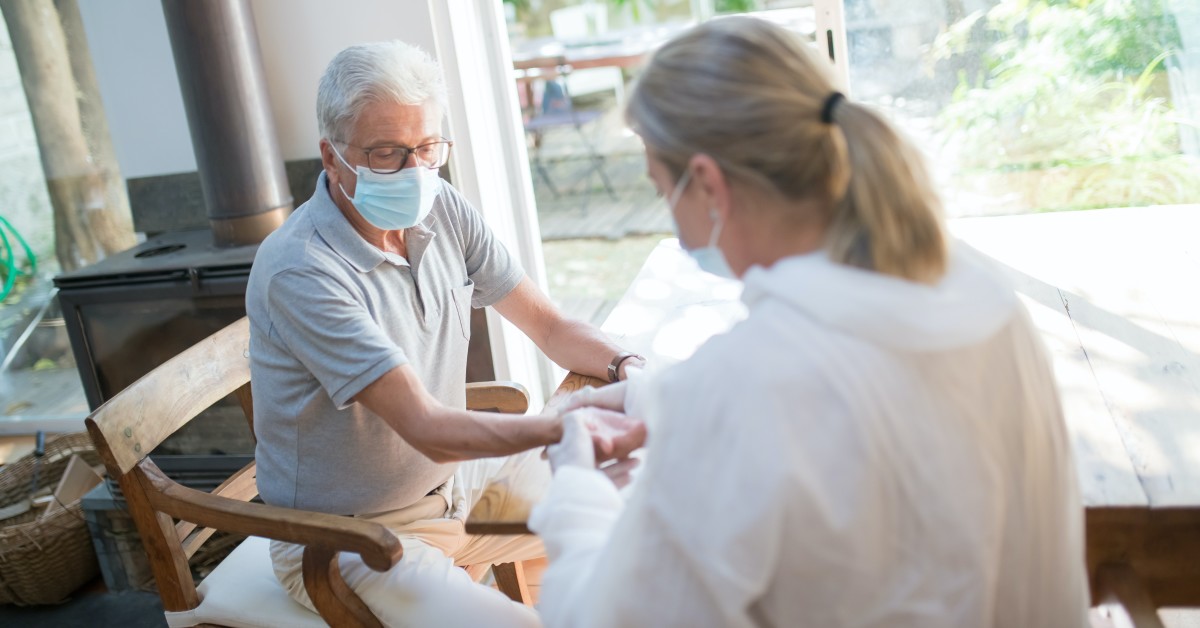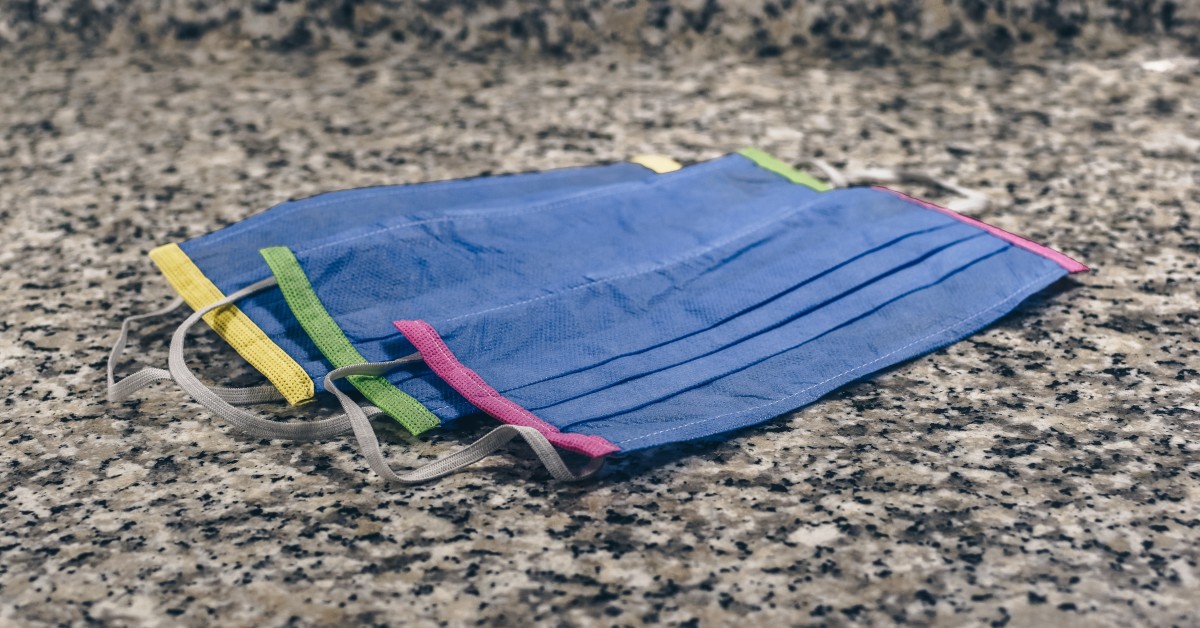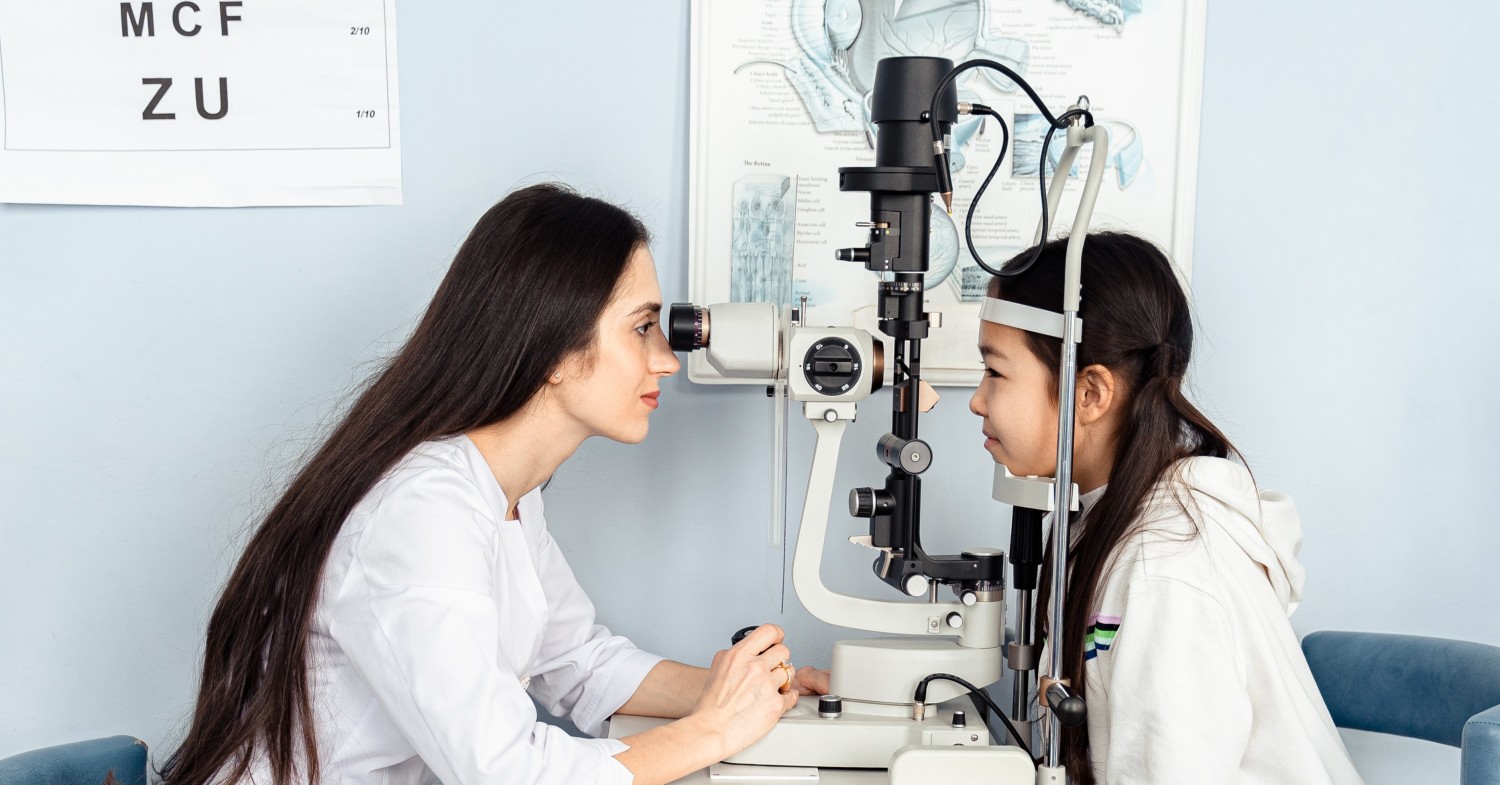
How Much Do Adult Gerontology Nurse Practitioners Make?
Adult gerontology nurse practitioners earn six-figure salaries across the United [...]

If you want to enter the healthcare field without earning a Doctor of Medicine (MD) degree, consider becoming a physician assistant (PA). As Dawn Morton-Rias, a physician assistant and CEO of the National Commission on Certification of Physician Assistants (NCCPA) told The Times-Picayune, this “booming” profession is “easily accessible for people who have always wanted to do something in medicine.”
PAs perform many of the same duties as physicians—they work with patients to provide diagnoses, formulate treatment plans, and prescribe medications—and patients trust them to provide quality healthcare (according to the American Academy of Physician Assistants (AAPA), 93 percent of surveyed patients trust PAs and 91 percent say PAs improve the quality of healthcare they receive).
Due to projected US population growth and an aging populace (who will need specialty care), a substantial number of physicians nearing retirement age (more than two of every five active physicians will be 65 or older within the next decade), and COVID-19 burnout, America faces looming physician shortage. The Association of American Medical Colleges (AAMC) forecasts that by 2034, the shortfall will amount to somewhere between 37,800 and 124,000 physicians.
These conditions should create a demand for physician assistants to help fill this gap a trend that should continue for years to come. The US Bureau of Labor Statistics (BLS) projects employment in this profession—whose median average pay in 2021 was $121,000—will increase by 31 percent from 2020 to 2030.
Students studying to become physician assistants earn a master’s degree in Physician Assistant Studies (PAS) from an accredited PA program. Through these programs, they acquire the medical knowledge needed to diagnose and treat patients and learn crucial soft skills like adaptability, confidence, decisiveness, and resilience. Developing these soft skills can be difficult; they’re typically acquired through thousands of practice hours. That’s one reason why PA master’s programs require extensive patient care experience as a prerequisite for admission.
This article answers the question what are the prerequisites to become a physician assistant?. It also covers:
According to a Physician Assistant Education Association (PAEA) survey, over 90 percent of respondents enter PA programs with prior healthcare experience. PA candidates typically accrue over 3,000 hours of direct patient contact over three years as healthcare providers. Many programs demand prior experience.
The most common healthcare-related jobs held by PA students, according to the PAEA, include nursing assistant (30.4 percent), medical assistant (26.5 percent), scribe (23.3 percent), EMT/paramedic (19.3 percent), emergency room technician (8.9 percent), home health aide (8.7 percent), phlebotomist (7.3 percent), and, clinical research coordinator/assistant (7.3 percent).
Most PA program applicants hold a bachelor’s degree in science. Nearly half (41.5 percent) of survey participants studied biology or one of its offshoots (anatomy, physiology, or microbiology). Other common degrees include health sciences (14.8 percent), exercise science and athletic training (8.8 percent), psychology (5.7 percent), and kinesiology (4.8 percent). A few students pursued nursing or pre-med tracks, and a small percentage completed non-science academic pathways like business and education (though they had to complete bridge coursework before starting their PA studies; more on that below).
The best PA programs, like the ones at accredited institutions like Duke University and the University of Pittsburgh, look for applicants who are both excellent students (with good overall GPAs and high science GPAs) and interesting people. In one Reddit AMA (Ask Me Anything) page, a PA program admissions officer stated that students who craft unique personal statements stand out during the admissions process. Quality letters of recommendation also will make PA admissions committees take note of an applicant. Finally, the admissions officer noted that he places a good deal of value on an applicant’s number of relevant work hours. An applicant who has 4,000 hours of patient care experience usually performs better in his school’s program than someone with 1,000 hours, even if both meet the same baseline admissions requirements.
While not necessary, listing any non-healthcare extracurricular activities and volunteer hours in your application—though membership in the American Academy of Physician Assistants (AAPA) can help by demonstrating your seriousness about pursuing this field as a career.
Many schools utilize the Centralized Application Service for Physician Assistants (CASPA) in their application process. The CASPA application is a one-stop shop that allows applicants to submit their applications to multiple programs simultaneously. Applicants submit transcripts from any previous baccalaureate or graduate programs with a GPA of 3.0 or higher, GRE test scores, letters of recommendation, and any additional information schools require. International students usually submit Test of English as a Foreign Language (TOEFL) scores.
Not every PA program applicant holds an undergraduate degree in science. These applicants must meet prerequisite coursework requirements by completing specific bridge classes before matriculation. These college-level science courses typically include courses like general chemistry, general biology, organic chemistry, biochemistry, human anatomy, human physiology, psychology and statistics.
It’s difficult to make up for lack of patient care work experience. One Redditor who changed careers relied on community service and medical volunteering to meet program standards, though schools have very strict prerequisite requirements regarding what types of patient care experience they will accept.
After earning your physician assistant master’s, you must take the five-hour Physician Assistant National Certifying Exam (PANCE). Those who pass the exam are Physician Assistant-Certified (PA-C). They must then fulfill their state’s licensure requirements before they can practice.
Throughout your career, you must maintain your PA certification through continuing medical education (CME), including specialization coursework. Every ten years, PAs must complete the Physician Assistant National Recertifying Exam (PANRE), though other recertification options are coming in 2023.
PA master’s students prepare for a career as a physician assistant by taking didactic coursework in subjects like human anatomy, health policy, pharmacology, diagnostic and therapeutic procedures in medicine, and health issues across the lifespan. They also complete extensive clinical rotations in later years of study under the guidance of a preceptor/mentor in a variety of medical specialties, including family medicine, women’s health, pediatrics, emergency medicine, psychiatry, general surgery, orthopedics, and primary care.
As well, PA students can specialize in areas like anesthesia, cardiology, radiology, pediatrics, dermatology, or emergency medicine. Additional training may be needed for sub-specialties and advanced training is often required.
According to the US News & World Report, top PA master’s programs include:
Top online or hybrid PA programs include:
Top PA programs at HBCUs include:
Questions or feedback? Email editor@noodle.com

Adult gerontology nurse practitioners earn six-figure salaries across the United [...]

Licenced practical nurses (LPNs) deliver essential services to patients across [...]

Only 23 schools in the US offer a Doctor of [...]

While online physician assistant programs do not offer virtual clinical [...]

Physician assistants diagnose, treat, and counsel patients, just as doctors [...]
Categorized as: Physicians Assistant Studies, Nursing & Healthcare